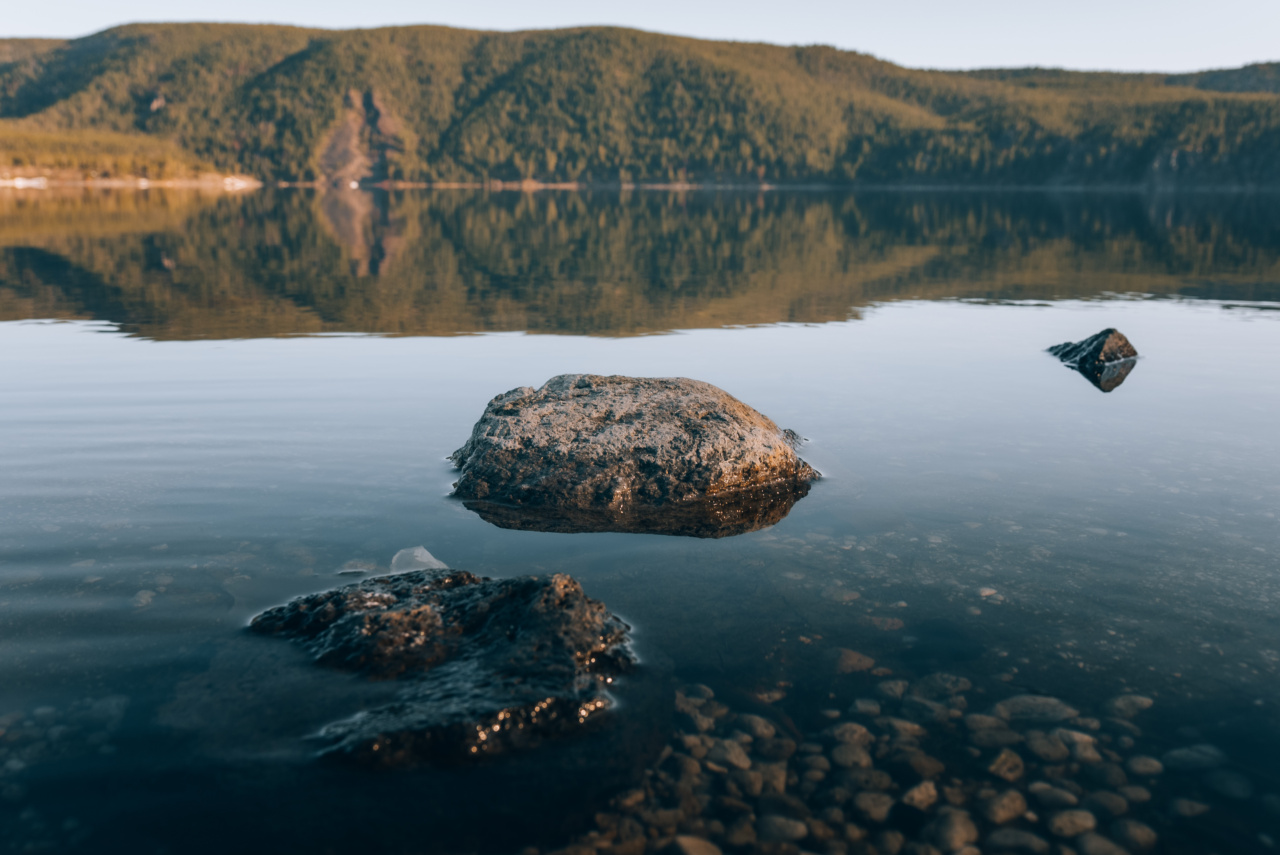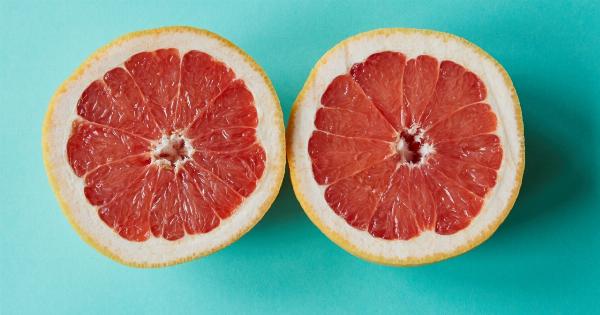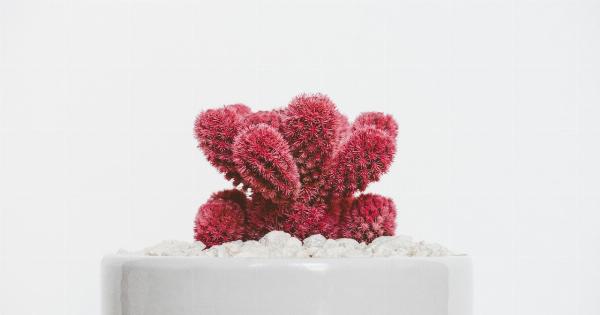Kidney stones are hard, pebble-like deposits that form in the kidneys. They are created when urine contains high levels of certain substances such as calcium, oxalate, and uric acid. These substances can form crystals that clump together to form stones.
Kidney stones can vary in size, from as small as a grain of sand to as large as a golf ball. They can cause significant pain and discomfort when they block the flow of urine.
Types of Kidney Stones
There are different types of kidney stones, each with its own unique characteristics. The most common types include:.
Calcium Stones
Calcium stones are the most common type of kidney stones. They are typically made of calcium oxalate, a substance that is naturally found in foods like fruits, vegetables, nuts, and chocolate.
Certain medical conditions and medications can increase the risk of developing calcium stones.
Struvite Stones
Struvite stones, also known as infection stones, are formed as a result of urinary tract infections. These stones can grow rapidly and become quite large. They are more common in women than in men.
Uric Acid Stones
Uric acid stones form when there is an excess of uric acid in the urine. This can occur in people who consume a high-protein diet or have certain medical conditions such as gout.
Uric acid stones can be prevented by maintaining a healthy diet and lifestyle.
Cystine Stones
Cystine stones are rare and are caused by a genetic disorder that leads to the accumulation of the amino acid cystine in the urine. These stones can be challenging to treat and may require dietary changes and medications.
Symptoms of Kidney Stones
Kidney stones may not cause any symptoms until they start to move through the urinary tract. When this happens, the following symptoms may occur:.
Severe Pain
The most common symptom of kidney stones is severe pain, often described as stabbing or throbbing. The pain is typically felt in the back or side, below the ribs, and can radiate to the lower abdomen and groin.
Urinary Changes
Kidney stones can cause changes in urinary patterns. This may include increased frequency of urination, urgency to urinate, and the presence of blood in the urine.
Nausea and Vomiting
In some cases, kidney stones can cause nausea and vomiting, especially when the pain is intense.
Other Symptoms
Additional symptoms may include cloudy or foul-smelling urine, fever, and chills, particularly if a urinary tract infection is present. It is essential to seek medical attention if any of these symptoms occur.
Treatment Options for Kidney Stones
The treatment for kidney stones depends on the size and location of the stones, as well as the severity of symptoms. Treatment options may include:.
Watchful Waiting
If the kidney stones are small and not causing any significant symptoms, a healthcare provider may recommend watchful waiting. This involves drinking plenty of fluids and taking pain medications as needed while waiting for the stones to pass naturally.
Medications
Certain medications can help in the treatment of kidney stones. For example, alpha-blockers can relax the muscles in the urinary tract, making it easier for the stones to pass.
Additionally, medications may be prescribed to manage pain and reduce the risk of infection.
Extracorporeal Shock Wave Lithotripsy (ESWL)
ESWL is a non-invasive procedure that uses shock waves to break up kidney stones into smaller pieces. The smaller stones can then pass more easily through the urinary tract. ESWL is typically used for stones that are less than 2 centimeters in size.
Ureteroscopy
Ureteroscopy is a minimally invasive procedure that involves inserting a thin, flexible tube called a ureteroscope into the urethra and up into the urinary tract. This allows the healthcare provider to locate and remove or break up kidney stones.
Percutaneous Nephrolithotomy
Percutaneous nephrolithotomy is a surgical procedure used for large and complex kidney stones. It involves making a small incision in the back to access the kidney and remove or break up the stones.
Preventing Kidney Stones
While kidney stones can be a recurring problem for some individuals, there are measures that can be taken to reduce the risk of developing them:.
Stay Hydrated
Drinking plenty of water is essential to dilute the urine and prevent the formation of crystals and stones. Aim for at least 8 glasses of water per day, or more if you live in a hot climate or engage in intense physical activity.
Follow a Balanced Diet
Adopting a balanced diet that is low in salt and animal protein can help prevent kidney stones. It is also important to limit the consumption of oxalate-rich foods such as spinach, rhubarb, and chocolate.
Exercise Regularly
Regular exercise can help maintain a healthy weight and reduce the risk of kidney stones. Aim for at least 30 minutes of moderate-intensity exercise most days of the week.
Manage Underlying Conditions
If you have an underlying medical condition such as gout or hyperparathyroidism, work with your healthcare provider to manage and treat the condition effectively. This can help reduce the risk of kidney stone formation.
Conclusion
Kidney stones are a common problem that can cause significant pain and discomfort. They can be prevented by adopting a healthy lifestyle, staying hydrated, and following a balanced diet.
If you experience symptoms of kidney stones, it is essential to seek medical attention to receive an accurate diagnosis and appropriate treatment. With proper management and preventive measures, the risk of kidney stone formation can be minimized.






























